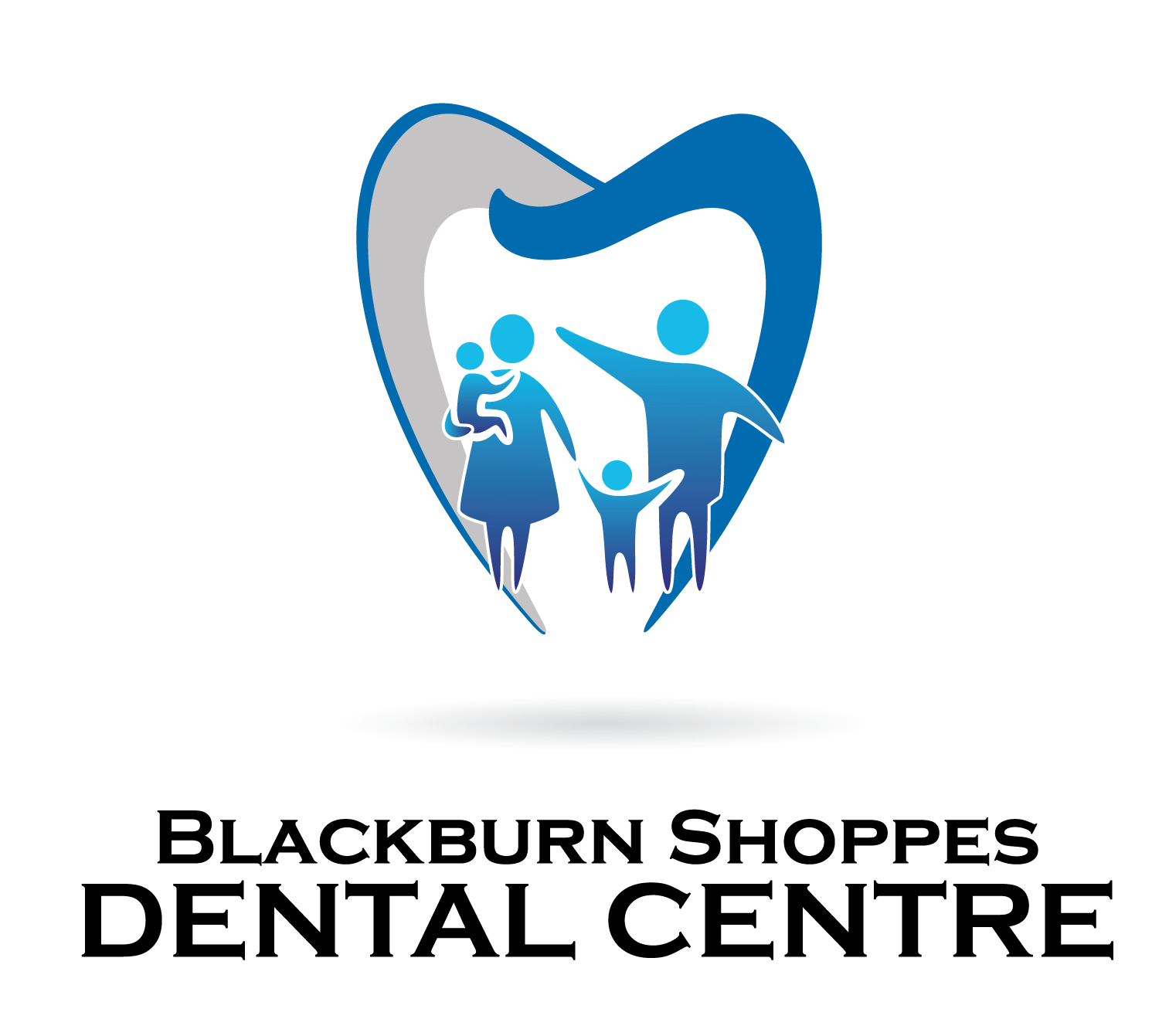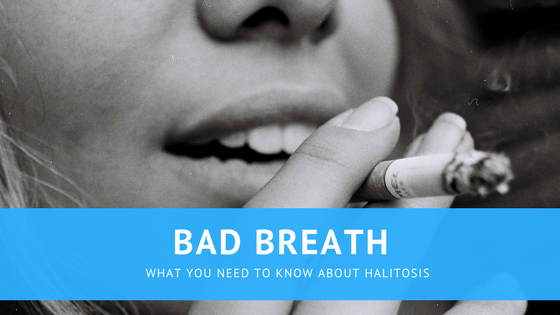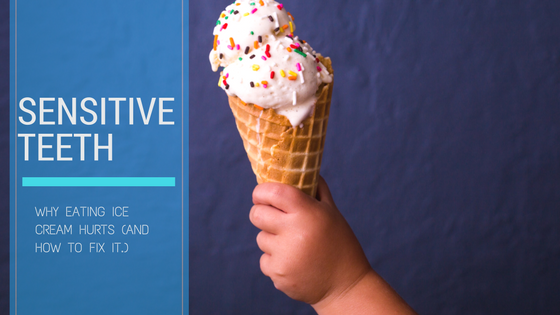What you eat helps build healthier teeth and gums, and also helps prevent tooth decay and gum disease. A good quality diet for good oral health includes rich fruits and vegetables, whole grains, lean proteins, and unsaturated fats, but there are specific foods that will really boost your overall oral health.
Teeth and Calcium
Yes, drinking milk builds strong bones and teeth, but it doesn’t stop there. Calcium is vital in childhood and through your teens, when teeth are forming/formed. When a diet is low in calcium, the body acts as a leech to the mineral in your teeth and bones, leaving you prone to tooth decay and cavities. The jawbone is particularly susceptible to the effects of low calcium. It can weaken because of low calcium intake, which in turn causes teeth to loosen, leaving you at greater risk for gum disease. It’s recommended that women younger than 50 and men of any age, intake 1,000 mg of calcium daily, 1,200 mg for women over 50.
Teeth and Vitamin C
Vitamin C is essential to the repair of connective tissue and help the body fight off infection. Studies have shown, those who eat less vitamin C than the recommended 75 to 90 mp/day are more likely to develop gingivitis. Gingivitis is the mildest form of periodontal diseases, and it causes the gums to become red from inflammation, swelling and bleeding easily.
Eating one piece of citrus fruit (oranges, grapefruits, tangerines) or a kiwi daily will help you meet the RDA for vitamin C.
Teeth and Fruits and Vegetables
Crunchy fruit and veggies such as apples, pears, celery, and carrots — are beneficial for your teeth in a couple ways. The crisp texture acts as a detergent on teeth that wipes bacteria away that could potentially cause plaque.
Teeth and Water
Drinking plenty of water helps rinse away leftover food bits and bacteria. Keep in mind, tap water is better for teeth than bottled as it contains fluoride, which prevents tooth decay.
Foods to Avoid
Sugary snacks, especially gummy candies and hard candies that stick in your teeth, are at the top of every dentist’s list of foods to avoid. As well, drinking soda on a regular basis is not recommended as it is a combination of sugar and acids. In general, intaking soda in general is not recommended, but if you do – be careful!
Even foods and drinks that are good for your teeth, like milk, contain sugars. No matter what you eat, it’s important to brush and floss afterward — or at least to rinse your mouth with water. Brush twice a day using either a manual or power toothbrush, and remember to visit a dentist at least twice a year for checkups.
Source: The Tooth-Friendly Diet




